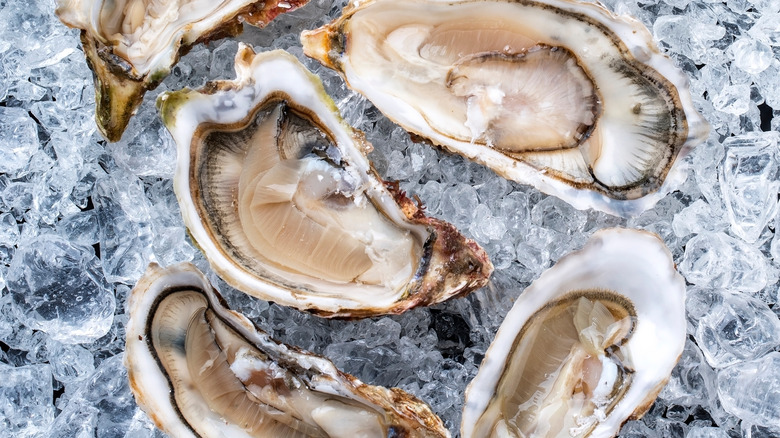Yannick Alléno's Worst Kitchen Mistake Was Costly
If you think you're the only one making mistakes in the kitchen, you're not; professional chefs are burning dishes too. High-pressure environments add to the stress cooks feel as they work to get dishes plated and served.
When working at the French Laundry, Chef Grant Achatz didn't order enough fish and kept burning dishes in the kitchen while a reputable newspaper reporter looked on. Chef Ashley Palmer-Watts spilled liters of pigeon jelly on the floor at Fat Duck when he started working at the restaurant, ruining (in addition to the jelly) a clarified consumeé that accounted for several days' worth of work. When cooking for a New Year's Party in the Amazon, Chef Jacques Reymond had to struggle to feed 600 people after a batch of cooked chicken turned rancid in the humid heat in what he describes as the biggest disaster of his entire career. And for Chef Yannick Alléno, his start working at the Royal Monceau with Gabriel Biscay nearly ended his career before it had the opportunity to take off.
When asked to prepare oysters for an order, an eager Alléno got some numbers mixed up, and his confusion about the ingredients cost him.
Reversing numbers
As told to Fine Dining Lovers, Alléno recalls being asked to make six flat oysters and 12 rock oysters by the head chef. At the time, Alléno estimates one rock oyster cost 10 francs, which is somewhere around $10. And while it was a straightforward request, Alléno confused the numbers, making 12 flat oysters and six rock oysters to send out of the kitchen.
Though Alléno recalls preparing the oysters "beautifully," his boss was in a panic upon reviewing the plates. "Are you crazy or what?" Alléno remembers the chef asking him. It was a lot of money, Alléno admits, and when food service ended, Biscay called Alléno into the office to talk about the mistake he had made. The head chef left Alléno with the responsibility of fixing the error with the maître d', and Alléno had to shell out 20 francs to the host for the added trouble of talking up the surplus appetizers to diners. Still, Alléno recalls the memory with a smile. "I ha[d] to pay," he said simply.

